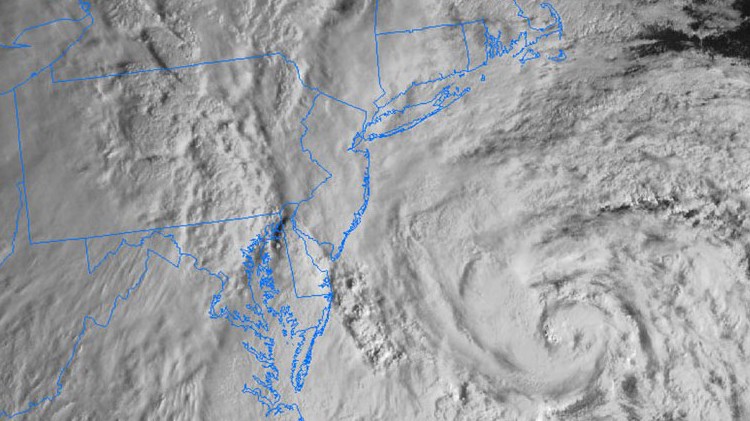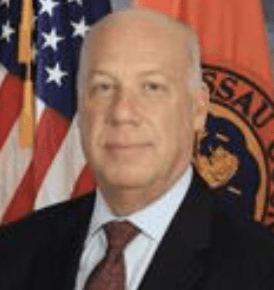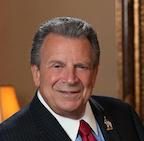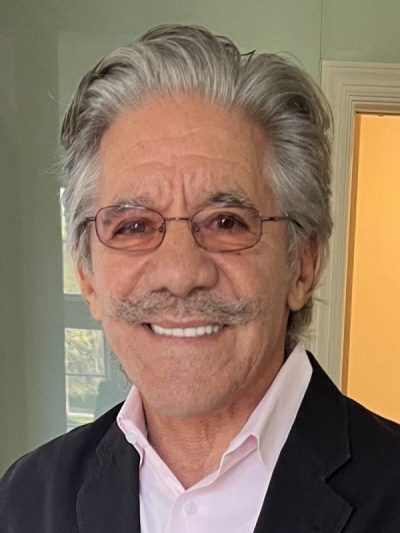By Dineen O’Rourke
Five years ago, I watched as waves from the Shinnecock Bay devoured the swing-set of my neighborhood park in East Quogue. I spent nearly two months waiting for my dad, a lineman with Long Island Power Authority, to come home late from work, tirelessly restoring electricity back to the Island. I watched as a storm — not even a category 1 hurricane when it traced our shores — made our main streets into rivers and our calm bays into a ravaged ocean.
Five years ago, many politicians failed to call this storm what it was: A severe symptom of global climate change. This season, we saw Harvey, Irma, Jose, and Maria devastate parts of then nation. Warmer seas are a breeding ground for stronger and more frequent storms, and the past two years have brought the warmest global ocean temperatures in recorded history. This October also saw the unprecedented Hurricane Ophelia, the easternmost hurricane on record that cost Ireland and the United Kingdom over €1 billion in damages. These extreme weather events have become the new normal.
I’m writing from Bonn, Germany, where I’ve been leading a delegation of US youth to the annual United Nations Climate Talks for the past two weeks. For longer than we’ve been alive, world leaders have gathered annually to determine their solutions to climate change and lower greenhouse gas emissions. In 2015, two decades of these conferences culminated in the Paris Climate Agreement, a landmark global treaty that aims to commit countries to keeping global temperature warming below 2 degrees Celsius, or what the scientific community has referred to as “catastrophic climate change.” It’s the largest step ever taken by humanity to address this issue.
In June, President Trump announced his intentions to withdraw the United States from this Agreement. This decision signaled the administration’s blatant ignorance to this process, since countries are legally unable to withdraw until November 2020 – just days before the next presidential election. The U.S. is now the only country in the world with formal intent to withdraw from the Paris Agreement. On this global stage, our federal government is alone on this issue.
Throughout the two-week conference, the Trump administration hosted a single event: a panel on the role of coal in addressing climate change, like promoting tobacco at a cancer summit. We knew this reprehensible act couldn’t be tolerated, so we led nearly the entire room to walk out in defiance and form our own People’s Panel – where people, not corporations, shared stories of solutions to climate change. Our action became one of the largest in history inside these conferences.
Five years ago, we saw foreshadowing of what could become our new normal if we don’t severely push our government to act and vote climate-change deniers out of office. We must become serious about the effects climate change will have on our community. We must see this global problem as a personal threat. We must be taking action.
Dineen O’Rourke grew up in East Quogue and is a recent graduate of Hampshire College in Massachusetts. She works with SustainUS: US youth for justice and sustainability, where she led this year’s youth delegation to the UN climate conference.

































